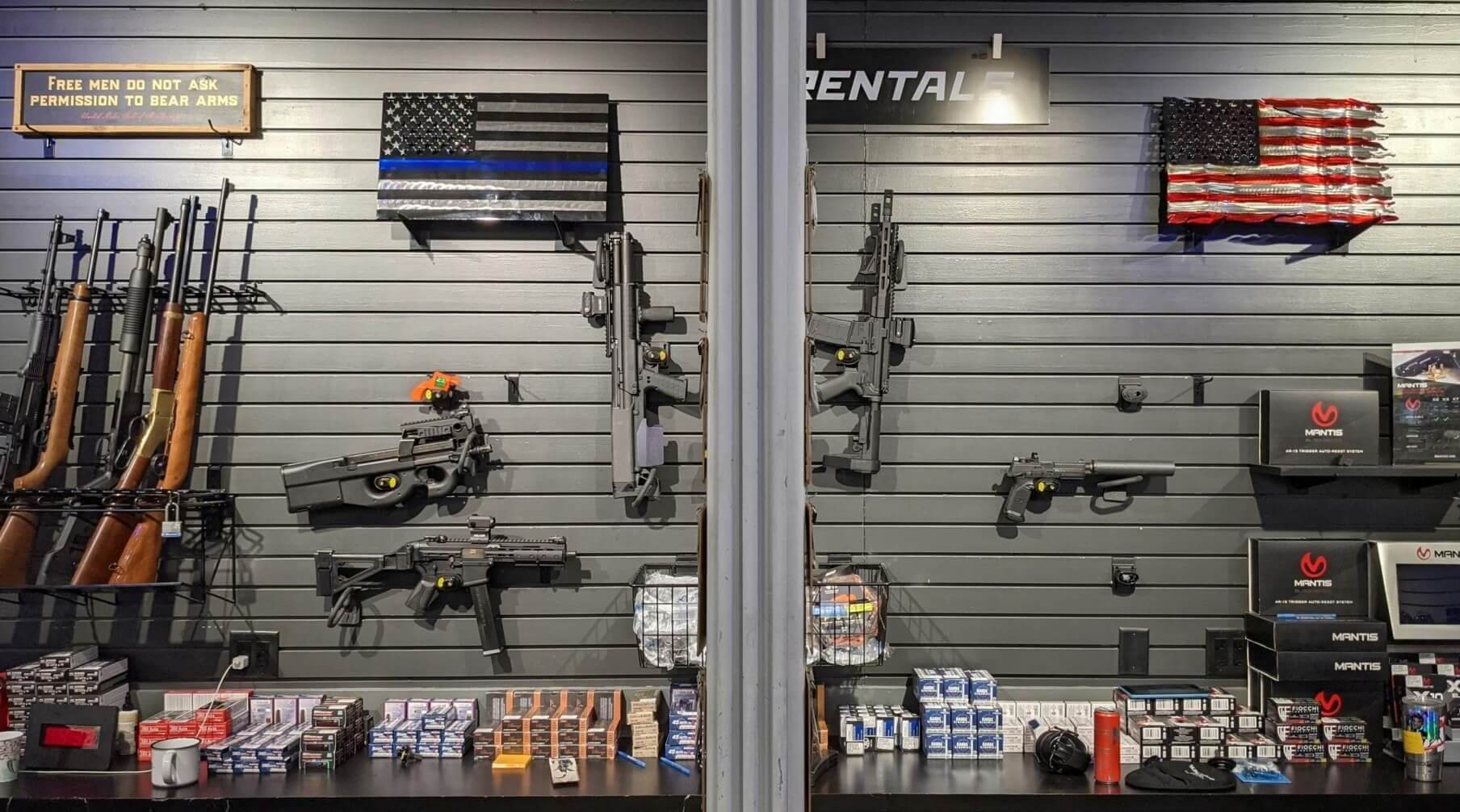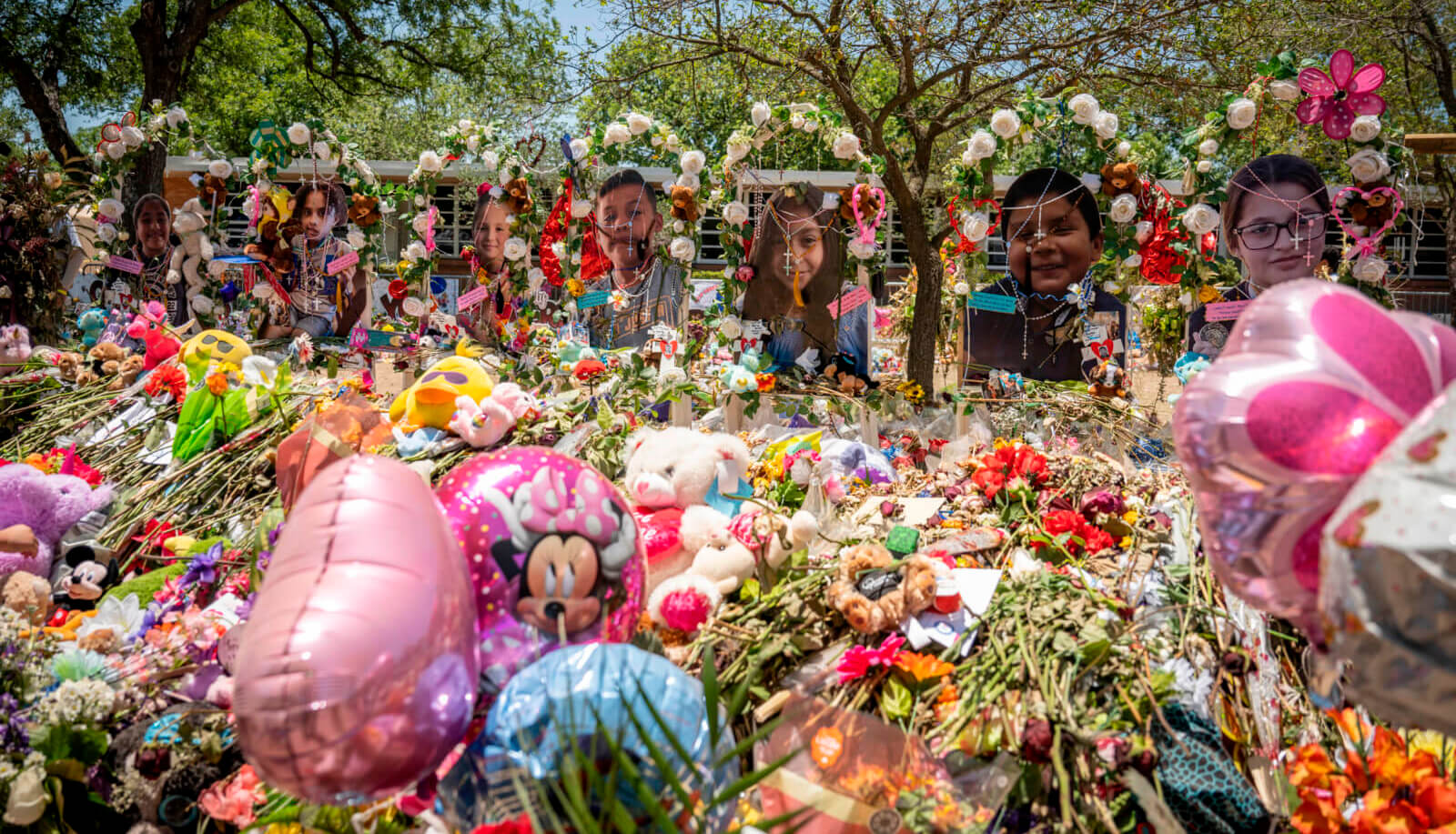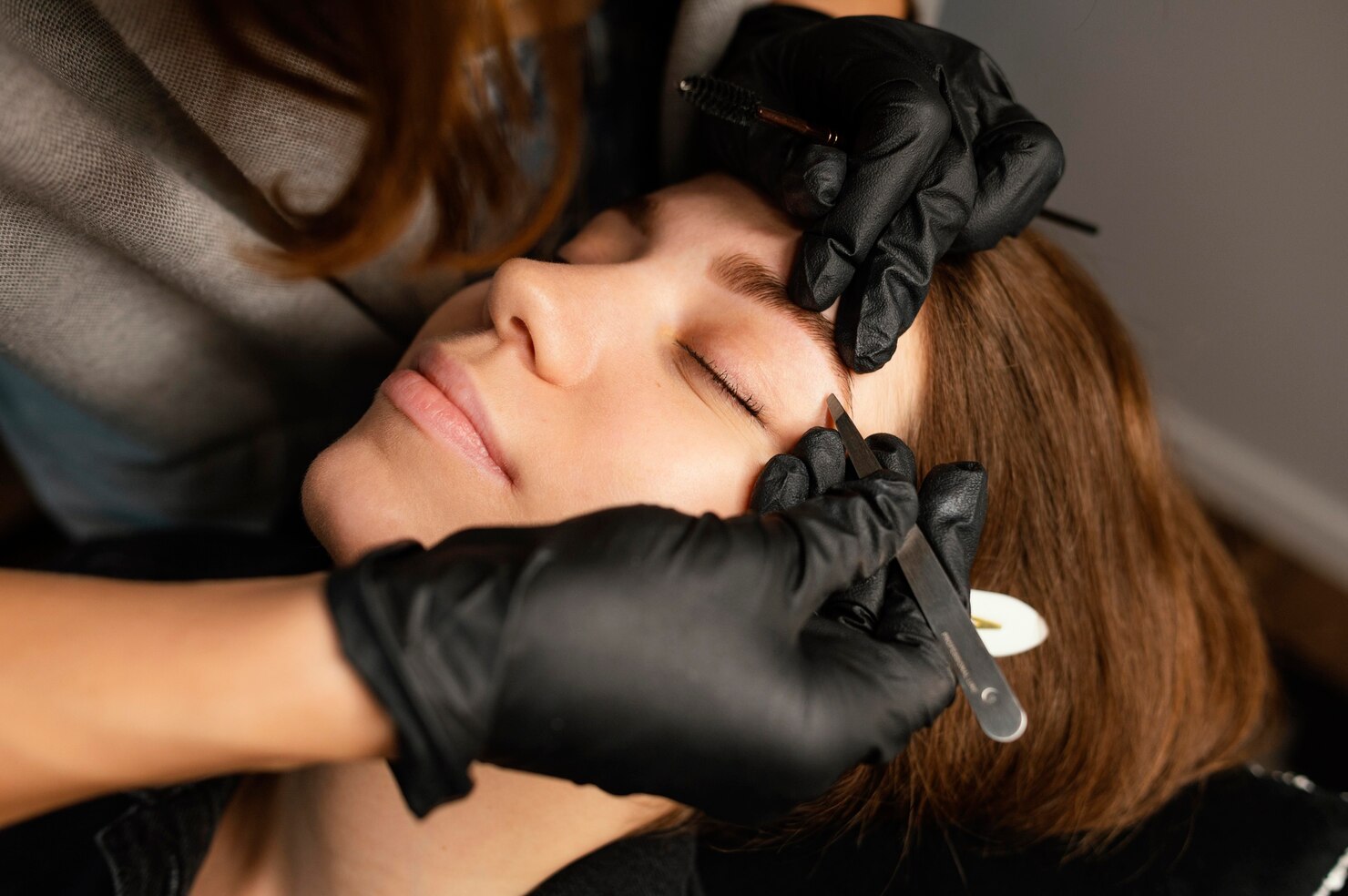To say that I have been trudging through a complicated head and heart space lately is a vast understatement. After reading about the murder of Montgomery, Alabama police detective Tanisha Pughsley, in the Montgomery Advertiser, I was met by familiar bedfellows; anger, outrage, and despair. Feelings that continue to feed a passion for advocating on behalf of victims of intimate partner violence (IPV). Feelings that many Black Americans have felt long before me; Another Black woman killed by violence, another breach of the social contract.
On July 6, detective Pughsley was fatally shot by her ex-boyfriend Brandon Deshawn in her home. Deshawn had been stalking detective Pughsley and sent her threatening text messages prior to her death. Detective Pughsley had filed for an order of protection against Deshawn two months earlier.
The travesty of this particular case is that detective Pughsley requested a provision in her order of protection asking that her ex-boyfriend be required to surrender his firearms. This provision was never entered by the judge and less than two months later, she was shot to death. Women in the United States are 21 times more likely to die by firearm homicides than women in other high-income nations (Carlisle & Chan, 2019). Black women are twice as likely than white women to be fatally shot.

As a social worker who has traveled alongside survivors of Intimate Partner Violence for years, I scuffled with my visceral reactions to this story and decided to take a dive into my own positionality. I suppose my long and complicated relationship with IPV started in childhood. Growing up in the South, I lived in a culture where politeness often overshadowed painful truths. Where written law and implemented law were not always one and the same. Where people’s personal relationships were and still are considered private matters and those who dared to intervene were viewed as troublemakers; it was where women’s humanity counted for less.
I am reminded of the quote from Malcolm X’s 1962 speech, “The most disrespected person in America is the Black woman. The most unprotected person in America is the Black woman. The most neglected person in America is the Black woman,” this still holds true today.
I think about how my mother, an impoverished, undereducated, unemployed, addicted teen mom, floating from one rural trailer park to the next, was often dismissed by the very systems implemented to protect her in a series of deep-cutting betrayals. The missed opportunities for intervention; the looming hint that death could easily become her reality; the sense that somehow, she didn’t matter enough to receive help. I recognized early on that system-level responses are not made nor enacted equally.
I was reunited by an all-too-familiar pattern when I found myself in an abusive relationship years later, but my story will have a different ending.
By applying reflective practices to my personal and professional experiences, I acknowledge that women of color experiencing Intimate Partner Violence face unique and complex challenges. Research has revealed that Black women are killed by an intimate partner at two and a half times the rate of White women (Stockman, Hayashi, & Campbell, 2015). Violence against Black women is a toxic residue that is interwoven in this country’s tapestry no matter how hard we try to wash it away.
Related Articles: The Art of Social Change | 5 Resources to Fight Racism
I am reminded of the quote from Malcolm X’s 1962 speech, “The most disrespected person in America is the Black woman. The most unprotected person in America is the Black woman. The most neglected person in America is the Black woman,” this still holds true today.

Activist efforts such as #BLM and #SayHerName, urges us to create spaces for the names and narratives of Black women we know of and to bring attention to the many more names and narratives we don’t know. Intimate femicide is one of many mass injustices that fail to protect women — particularly black women — as is the case with detective Pughsley. She sought security and responded in the very way that society tells victims to respond, to report the abuse. After taking a vow to protect her community, that same community failed to protect her. It begs the question of who is safe? More importantly, whose safety is prioritized?
I found myself thinking about how many of these cases go unreported and how countless victims are treated as an afterthought. Current legal system responses to survivors are often fraught with harmful practices such as systemic gaslighting, discarding and minimizing concerns, and the lack of practical, survivor-informed policies that take into account intersecting identities.
After working in Alabama for many years, my questions remain unanswered: When will we wake up and give black women who experience violence the attention they deserve? When will we start to hold those in power accountable, including those in the judicial systems? When will we begin to reimagine our approaches and responses to violence against women?
There are ample opportunities to prevent IPV offenders from having access to firearms and for Judges to enact their authority in preventing intimate femicides; and it’s time we start doing it. “All communities, regardless of their governing law, can adopt strategies to maximize the likelihood that respondents subject to final civil protection orders both relinquish their firearms and are prevented from purchasing new ones.” (Vitted et al., 2013)

Bell Hooks (2013) has used the phrase imperialist, white supremacist, capitalist, patriarchy to describe American society and the interlocking systems of oppression such as sexism, racism, classism, heterosexism and colonialism that continue to impact us all. I think this phrase provides us with a remarkable window into the understanding and dismantling of IPV. As long as we fail to see the interconnectedness of violence against women, specifically intimate femicide, and access to firearms, we will continue to fail to create solutions that protect and honor black women’s lives.
We are called to sit in the uncomfortable space of examining our own beliefs, biases, and our current state, federal, and national policies. It’s time to start holding these systems accountable, to magnify Black voices, and to educate ourselves and others on what is working and what is not. Part of the reflexive practice also calls us to acknowledge our trauma histories both individually and as a nation. We must engage in our own personal work in order to do the work. It’s time that we design system-level responses that send this message to Black women; We see you. We hear you. You matter.
—
About the Author: Amber Sutton is a licensed social worker and Ph.D. student in the School of Social Work at the University of Alabama. Her research focuses on understanding intimate partner violence and maternal health through an intersectional feminist framework. A survivor herself, Amber is interested in utilizing her practice experience and research to improve responses to survivors. Amber has served on the Board of Directors for the National Coalition Against Domestic Violence.
Editor’s Note: The opinions expressed here by Impakter.com columnists are their own, not those of Impakter.com. — In the Featured Photo: Detective Tanisha Pughsley. — Featured Photo Credit: Montgomery Police Department.















